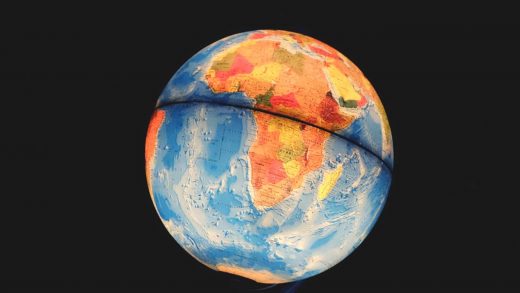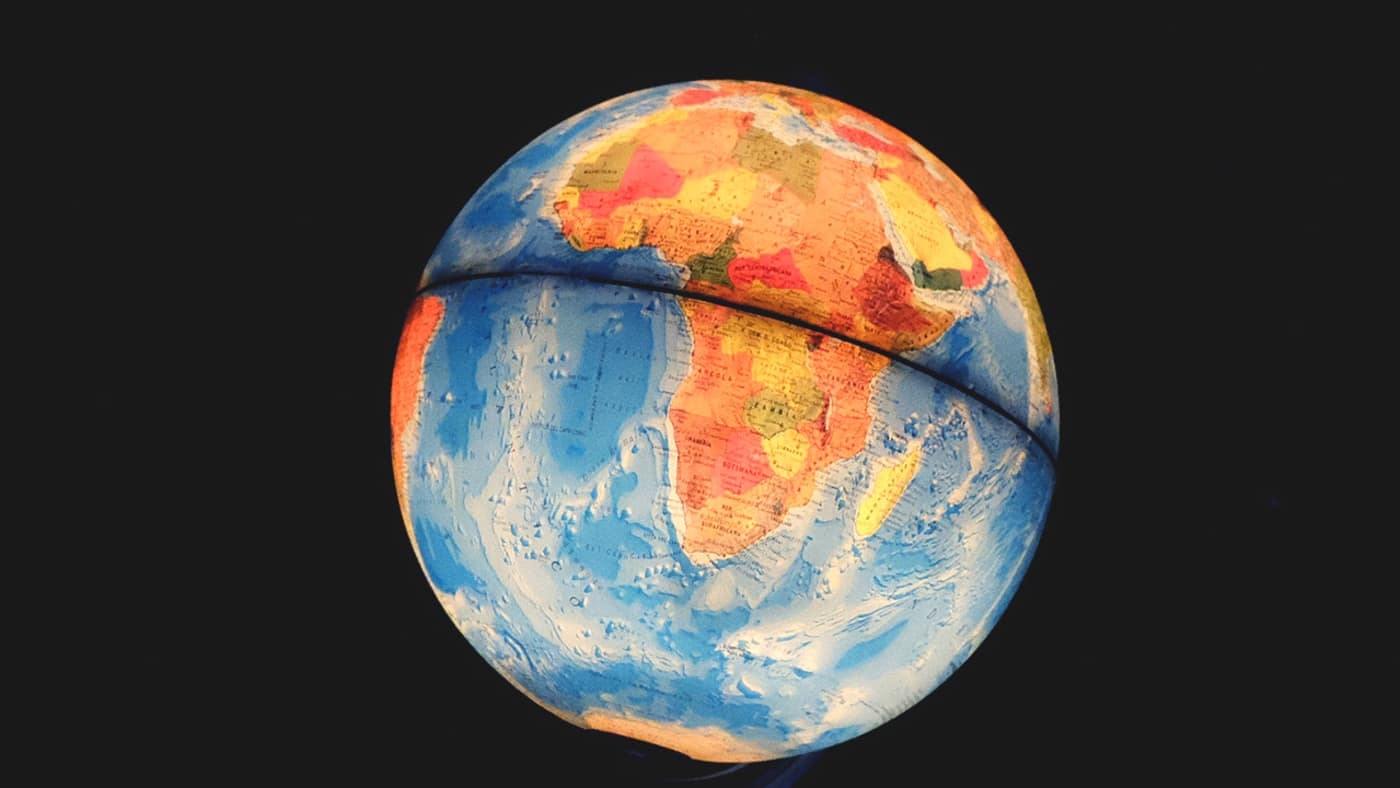The Team Behind The Panama Papers Turns Its Focus On West Africa
The International Consortium of Investigative Journalists (ICIJ)has grown famous in recent years after diving deep into a series of high-profile leaks of documents linked to offshore finance, including projects dubbed the Panama Papers, the Paradise Papers, and Swiss Leaks.
Working with news publications around the world, the leak-powered investigations into the shadowy world of anonymously owned offshore corporations helped spur the resignation of an Icelandic prime minister, triggered formal investigations around the world, and strengthened calls for offshore jurisdictions to disclose corporate ownership data.
But its most recent project focuses not on a new trove of documents, but on a region of the world that’s received relatively little journalistic attention: West Africa. The ICIJ’s new West Africa Leaks project forged partnerships with journalists in 11 countries in the largely poor region to investigate what the existing leaks reveal about the local power structure.
“I certainly felt that it was an underserved region in terms of the partners that we were able to bring on board and the stories that were subsequently told,” says Will Fitzgibbon, the ICIJ’s Africa partnership coordinator. “It’s an area that needed, I think, a little bit more TLC in order to bring it more into the fold.”
News outlets in the region often don’t employ specialized investigative teams like those in the developed world. Some newspaper offices in the area don’t have steady broadband access or even reliable electrical service, forcing reporters to pay for mobile internet out of their own pockets. Journalists often rely on aging computers, sometimes even ones with broken screens. That’s a challenge when working with the ICIJ’s online databases of leaked information, where reporters sometimes sift through gigabytes of data to find the connections between politicians in one country and shell companies in another.
How they did it
The organization worked with a regional investigative reporting organization called Cenozo and provided in-person training in Senegal to participating journalists. They taught them to use digital tools from encrypted email to the Neo4j graph database and Linkurious network visualization software used to show connections between players in the offshore world.
“There’s a scales-falling-off-the-eyes effect when reporters use Linkurious for the first time,” Fitzgibbon says. “It helped make concrete what otherwise can be extremely hard to grasp and understand.”
That’s especially true in a region where many people speak French or Portuguese as a first language, and many of the offshore documents are written in dense English or Spanish.
“We’re talking about material that is often by its very nature complex, and even deliberately opaque,” Fitzgibbon says. “These aren’t emails where very often you’ll get someone saying, ‘Dear sir or madam, can you please set up a shell account for a convicted criminal who wants to launder money.’”
The ICIJ also helped hire external factcheckers and pay for additional internet bandwidth for the participating reporters. And Neo4J itself has always been focused on making sure the product works on both powerful servers or low-powered personal machines, says CEO Emil Eifrem. The company, which is set to launch its own data visualization tool called Bloom next month, was recently also used by NBC News to analyze the behavior of Russian trolls on Twitter during the 2016 election.
“Data journalists, and to a lesser extent investigative journalists, we’re just a part of the toolchain now,” Eifrem says. “They just use it—it’s completely uncontroversial now.”
Data visualization isn’t used as frequently in presenting information to audiences in West Africa, Fitzgibbon says. But stories involving leaders in countries like Mali, Togo, and Ivory Coast have already drawn attention in the region, spreading through social media like Facebook and WhatsApp and helping to drive newspaper sales, he says.
“I was just speaking with a [newspaper] colleague in Burkino Faso who said they’re nearly all sold out,” he says.
While the reports may not drive immediate changes in government in the region, they can help motivate civil society groups working for change in many of West Africa’s impoverished countries. And in the meantime, the ICIJ and its partners are working on more stories about the region scheduled for publication in the coming weeks. The group may also work with journalists in other regions to explore the existing volumes of leaked information, Fitzgibbon says.
“There are so many countries that still haven’t had reporters dig into the guts of the data,” he says.
(61)



